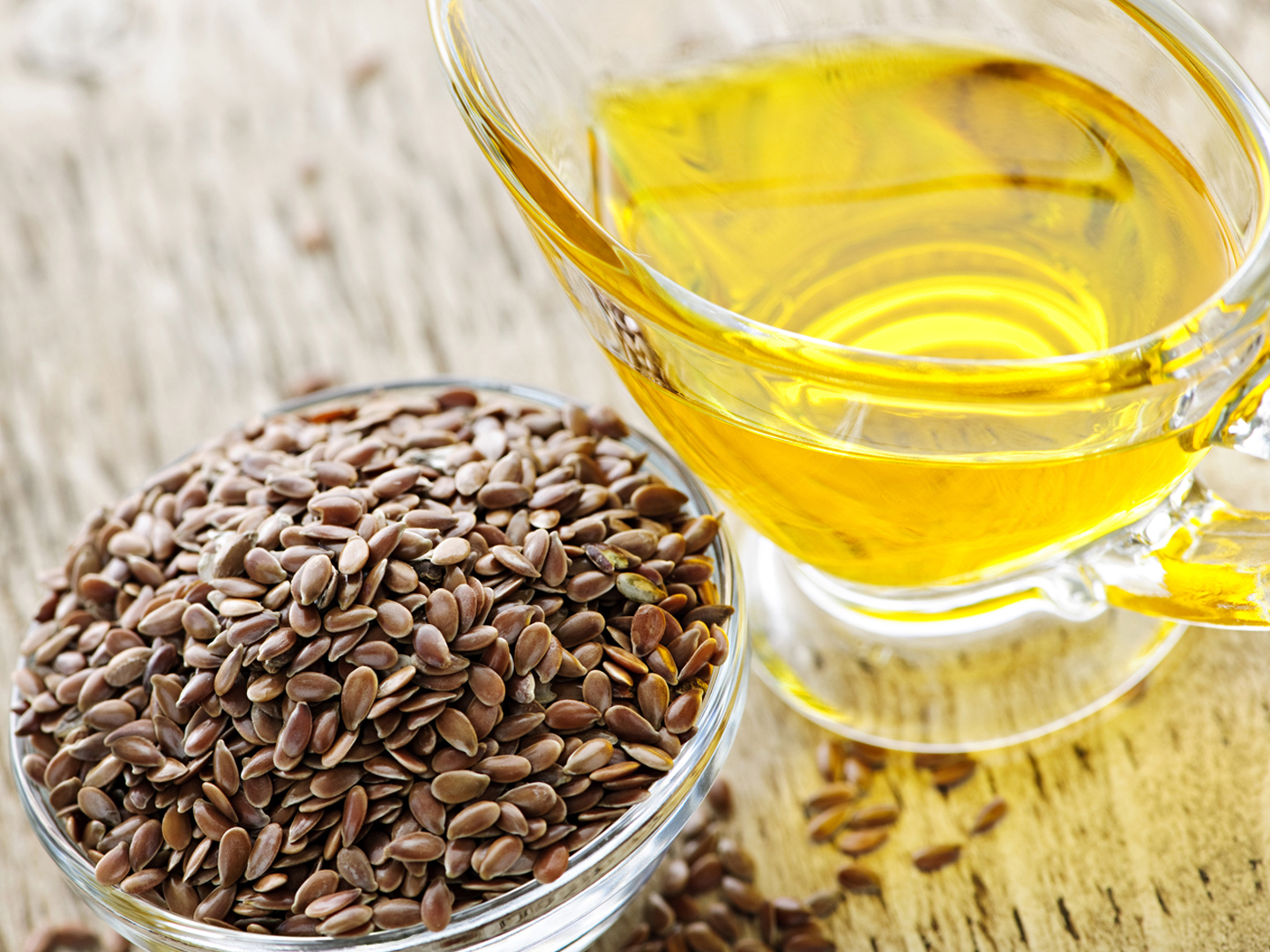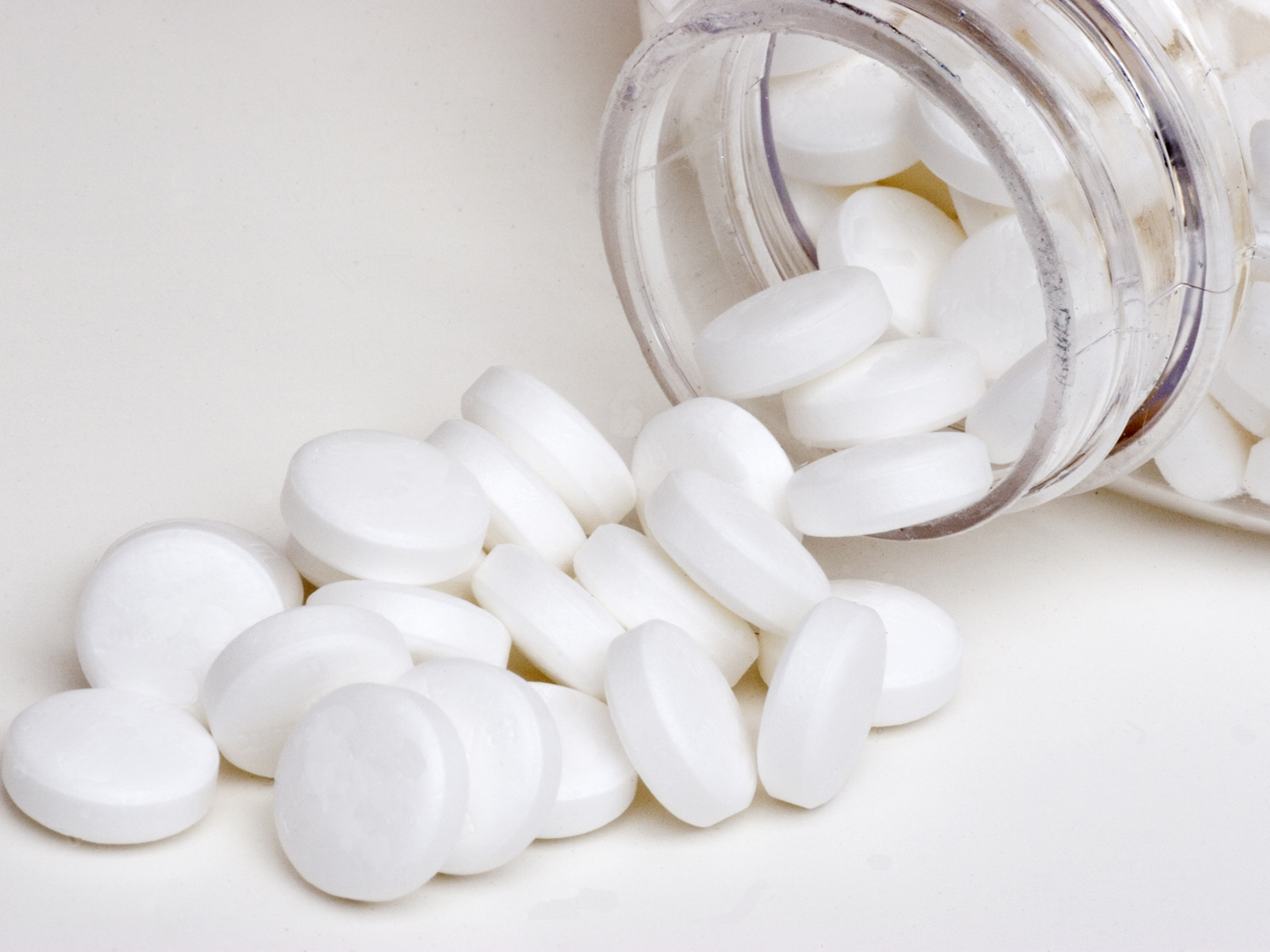Pondering Prostate Problems?
I was disappointed to read that a recent clinical trial found that saw palmetto doesn’t work for prostate problems. What do you recommend now?
Andrew Weil, M.D. | April 28, 2006

The trial you refer to was conducted at the University of California at San Francisco and found that saw palmetto showed no benefit when compared to placebo in treating 225 men with moderate-to-severe benign prostatic hyperplasia (BPH). This condition, very common among men over 50, is an enlargement of the prostate, a walnut-sized gland that secretes lubricants into the lining of the urethra and optimizes the environment for sperm. There may be no symptoms, or BPH can cause such urinary problems as increased frequency, urgency and/or decreased force of urination.
In mild to moderate cases of BPH, saw palmetto (Serenoa repens) can relieve symptoms and promote shrinkage of the gland.
The findings of the new study, published in the February 9, 2006, issue of the New England Journal of Medicine, are somewhat misleading about the efficacy of this popular herbal remedy, because the men participating had moderate-to-severe BPH symptoms. At least 21 previous controlled trials conducted with men who had mild-to-moderate symptoms have shown clear benefit from taking saw palmetto. In the new study both the men taking saw palmetto and those taking placebo improved over the course of the year-long trial, but there were no significant differences between the groups.
An analysis of the study by the American Botanical Council (ABC) showed that the trial’s design was good and the saw palmetto extract used was of high quality. However, the ABC analysis noted that almost twice as many serious adverse effects occurred in the placebo group as in the group taking saw palmetto, an anomaly suggesting that the patients participating may have had other serious illnesses, "possibly interfering in the attempt to treat the moderate-to-severe BPH symptoms." Saw palmetto is known to cause few adverse effects, but it is unusual for those in a placebo group to experience more side effects than participants who are using the therapy.
All told, this study shouldn’t discourage men with mild-to-moderate BPH from using saw palmetto. I still recommend taking 160 mg of an extract standardized to 85-95% total fatty acids twice a day; this should help reduce the size of the gland in about four to six weeks. Some formulas combine saw palmetto with Pygeum africanum, another prostate protectant, made from the powdered bark of a tall evergreen tree. Other combinations include pumpkin seed oil, stinging nettle root (urtica dioica), and selenium. I also recommend avoiding prostatic irritants such as alcohol, caffeine, tobacco and spicy foods and eating plenty of whole soy foods, such as tofu, tempeh, soy nuts and green soy beans (edamame).
Andrew Weil, M.D.
Want to learn more about men’s health and aging gracefully? Join Dr. Weil on Healthy Aging today!










